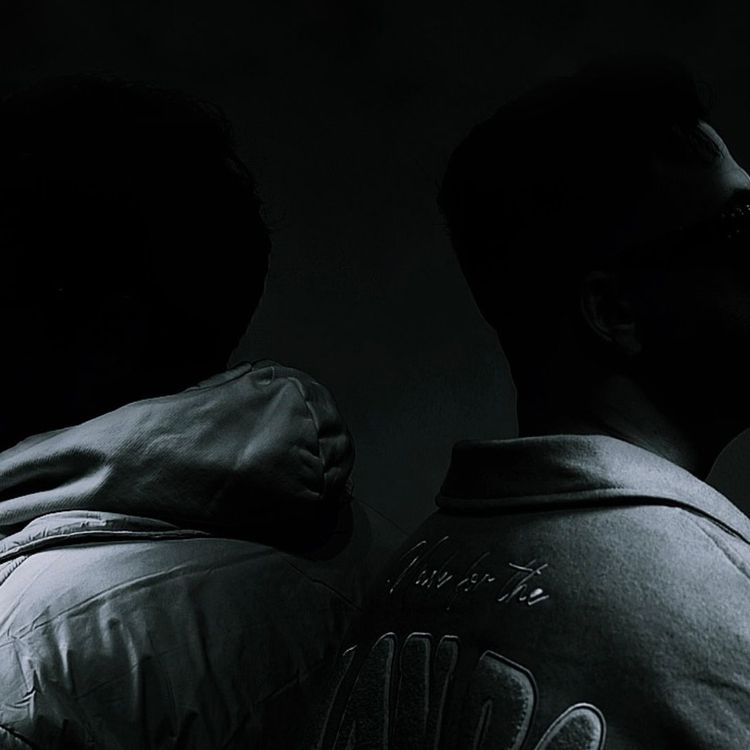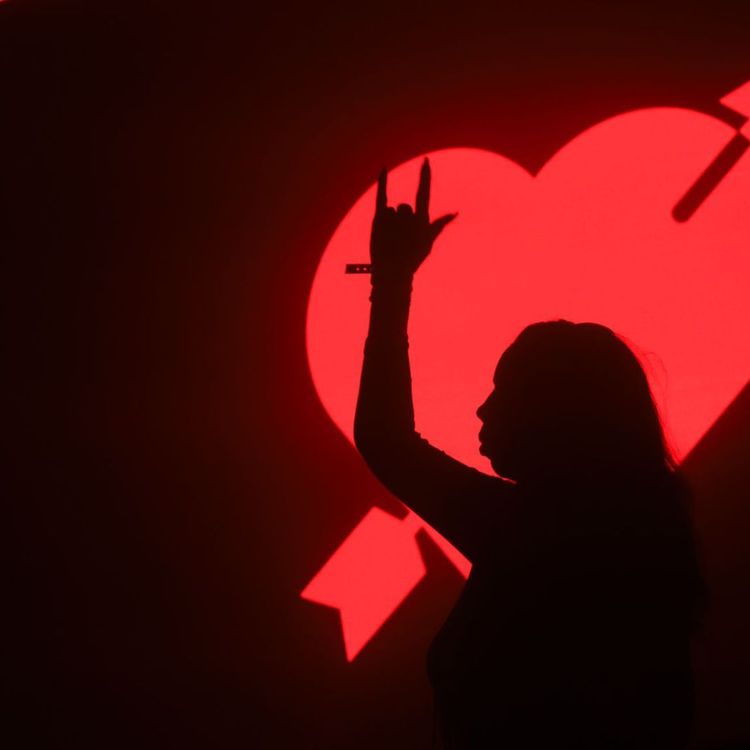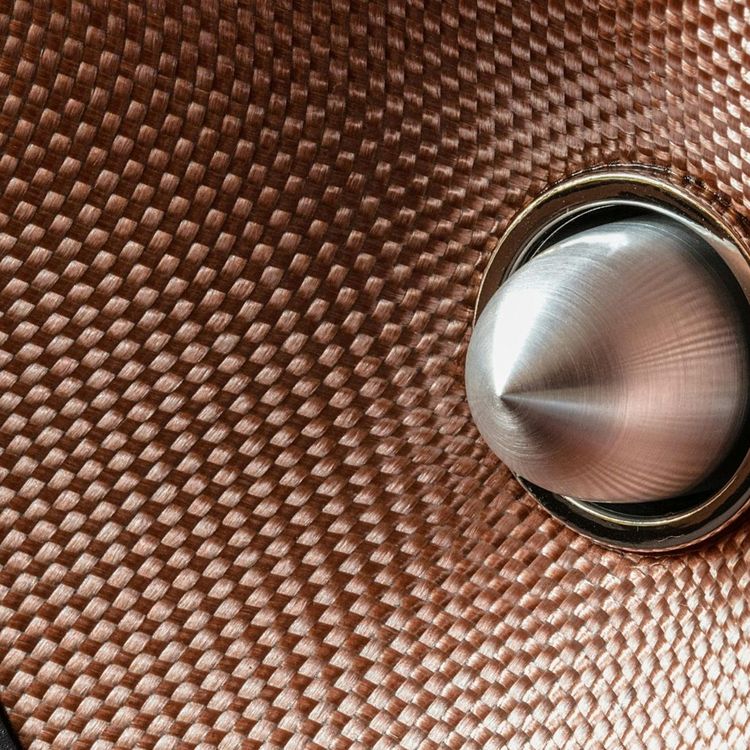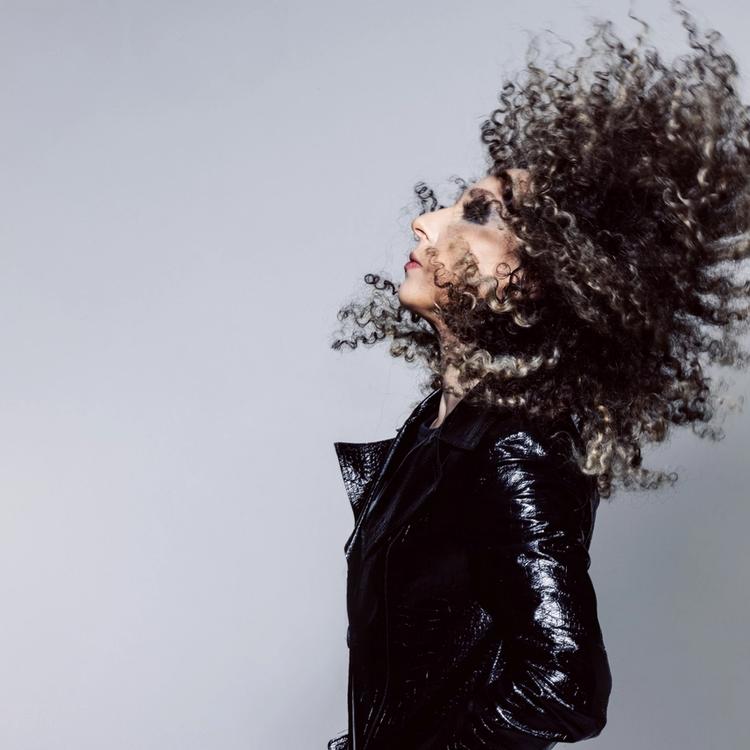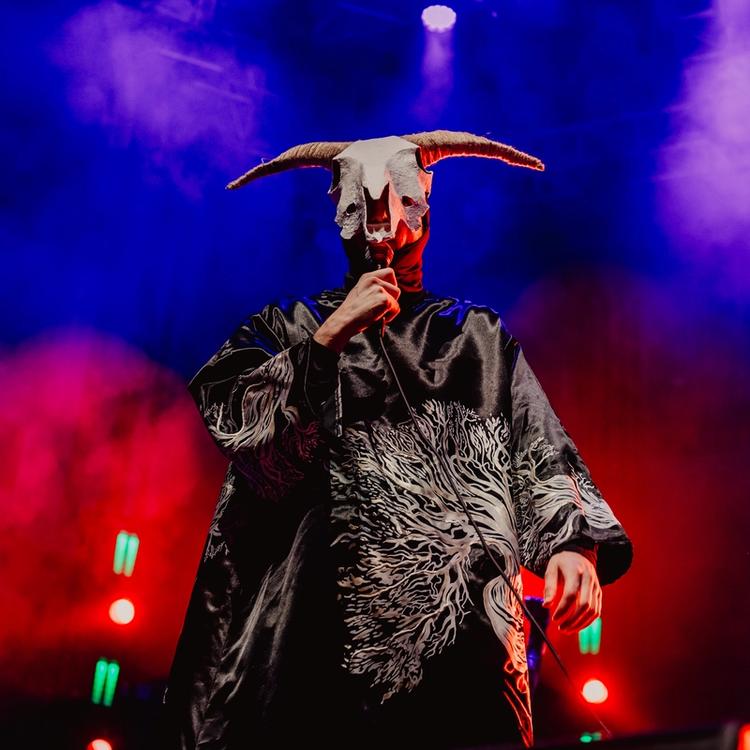Growth Without Shortcuts: SINTRA Speaks
SINTRA didn’t grow up surrounded by instruments or formal training—in fact, he didn’t make his first track until his final semester of college. A spontaneous trip to Bonnaroo changed his trajectory, sparking a curiosity that led him to teach himself production. Today, the Peruvian-American artist has earned support from RÜFÜS DU SOL, Nora En Pure, and Keinemusik, landed on major Spotify editorial playlists, and performed at festivals like Deep Tropics, Breakaway, and Friendship, with Shambala on deck.
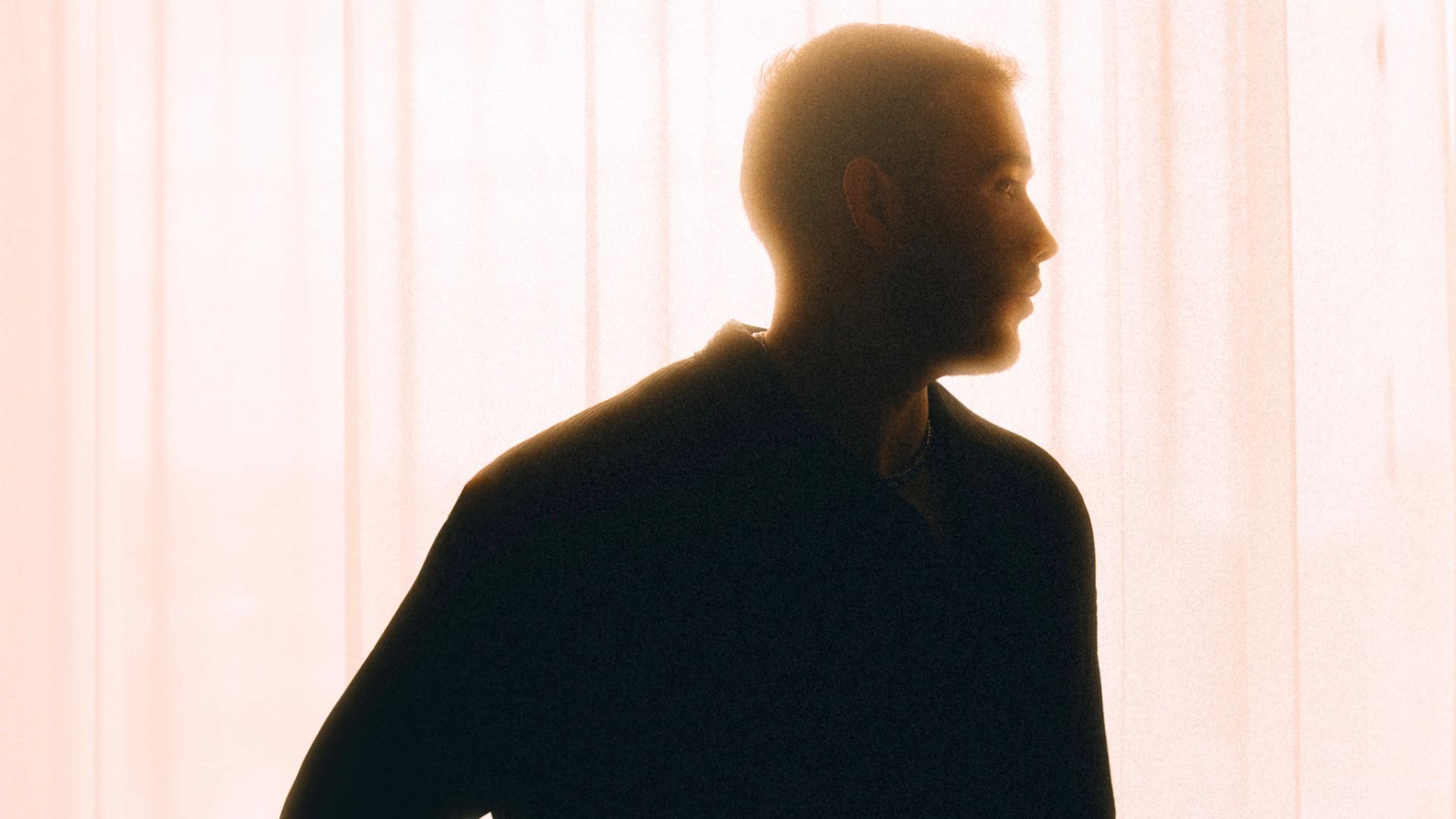
From Miami, the city he credits for helping him discover his sound, to stages across North America, SINTRA continues to build momentum without losing clarity on why he started. In this interview, he opens up about his path into music, the turning points along the way, and the mindset he relies on to keep moving forward.
What’s one thing most people don’t know about you?
I didn’t grow up in a musical household. I didn’t even start making music until my last semester of college. I went to my first music festival, Bonnaroo, with some friends and left feeling really inspired. It was a special experience for me—I came home and started teaching myself production that same week.
If you weren’t a DJ/Producer, what would you be?
Probably a business owner. It’s hard to imagine what my life would be like without music, but I’ve never been one to follow. I’d likely be off doing my own thing, hopefully adding value to the world while I’m at it.
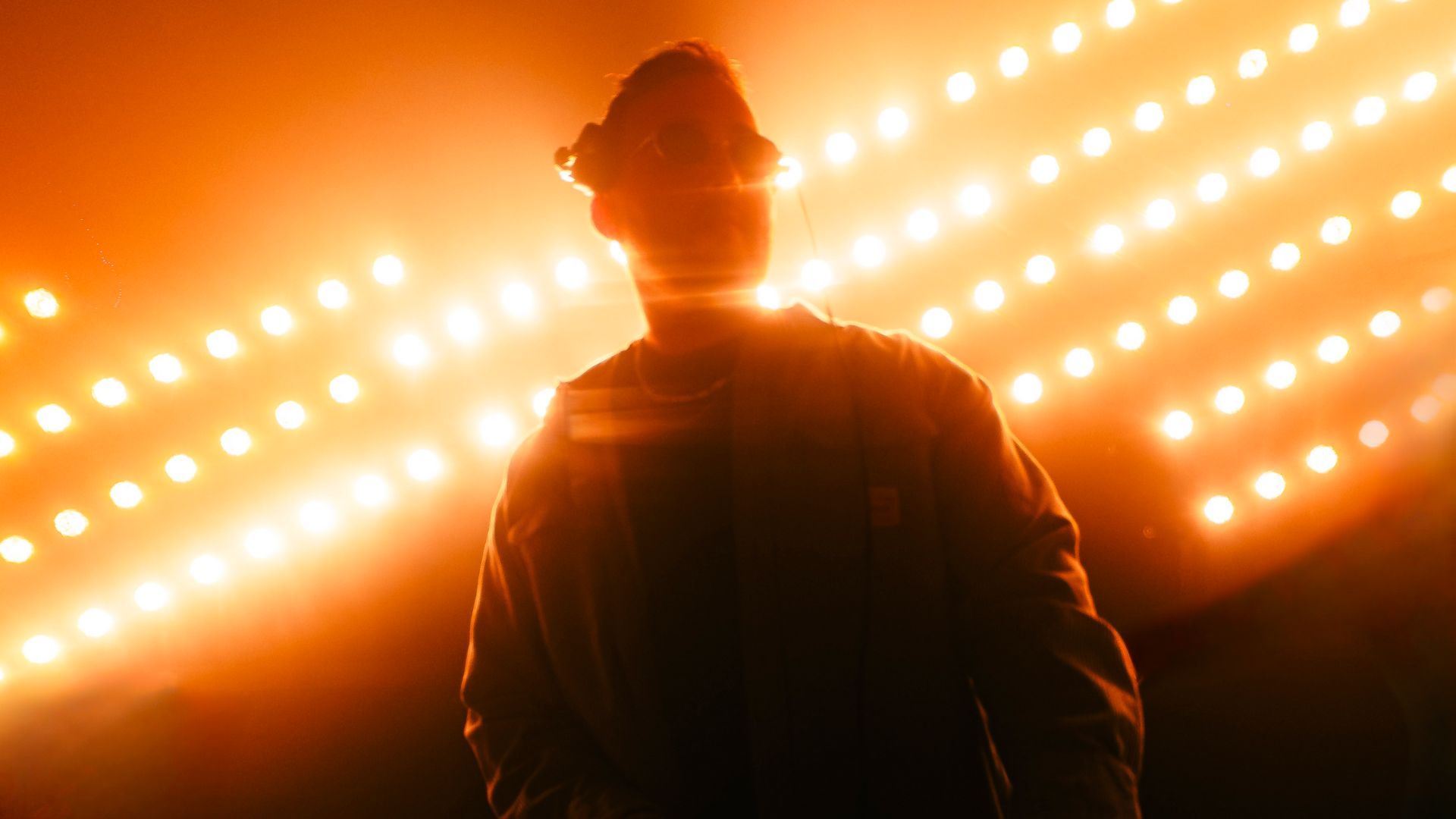
What’s the most memorable moment of your career?
It’s hard to choose, but one that comes to mind is the first major support I ever received. It was the beginning of the year and a lot of my friends were in Tulum for the parties down there. I remember scrolling through Instagram and hearing one of my unreleased records being played by RÜFÜS DU SOL at Zamna—and I was in shock. First, because I had no idea how they got the record, and second, because I hadn’t received much support at the time as a new act. That moment was meaningful because it was so early in my career and reinforced confidence in what I was doing.
Who’s an artist that inspires you right now?
Tripolism. Their sound design and rhythms feel fresh and different. I love how they take familiar elements from other styles and genres and incorporate them in a way that feels entirely their own.
What’s your go-to snack or drink before a show?
I’m a big espresso martini guy—with tequila.
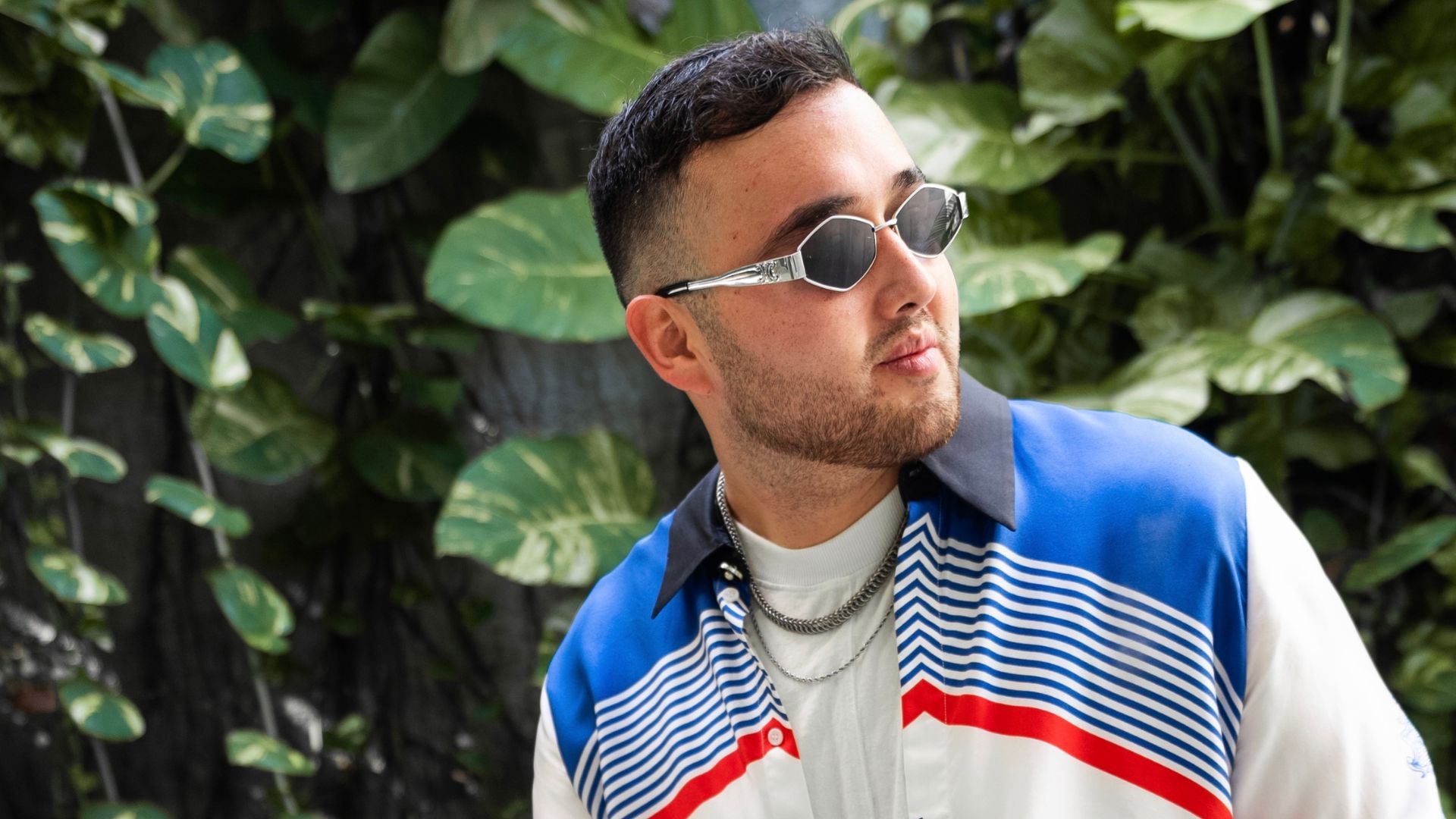
What’s your favorite city to play in, and why?
Miami. It’s home, and it’s where I really discovered my sound. The energy there is open-minded and I’ve always had a great time playing in that city.
How would you describe your sound in three words?
Textural. Euphoric. Human.
What’s one non-music-related thing that makes you happy?
A proper spa and cold plunge day. Nothing leaves me feeling as refreshed and clear-minded, especially after long studio weeks or tours.
What’s a track that always brings you back to your roots?
“Sleepless” by Flume. It’s one of the early songs that made me want to make music in the first place. Every time I hear it, I’m reminded of the spark that started everything.
What’s your favorite non-music-related hobby?
Running. It clears my head and weirdly helps me solve production problems. Sometimes it helps to step away and get the blood flowing instead of being stuck in front of a screen.
If you could time travel to any era of music history, when would it be and why?
The early 2010s electronic scene, when artists like Flume, ODESZA, and Disclosure were breaking new ground. There was so much experimentation and freedom during that time.
What’s a record that never leaves your crate or USB?
“Innerbloom” by RÜFÜS DU SOL. It’s timeless. No matter where I am, that track always connects.
What is something simple that makes you smile?
Going for walks alone and catching a sunset. Those quiet moments put everything back into perspective.
When do you feel most at peace?
Early mornings in the studio—sunlight coming through the windows, coffee in hand. That’s when I’m most at peace, deep in a groove with no distractions and no expectations.
What are some things you forget but feel better when you’re reminded of them?
That creativity comes in waves. It’s okay to step back and breathe—forcing it never works.
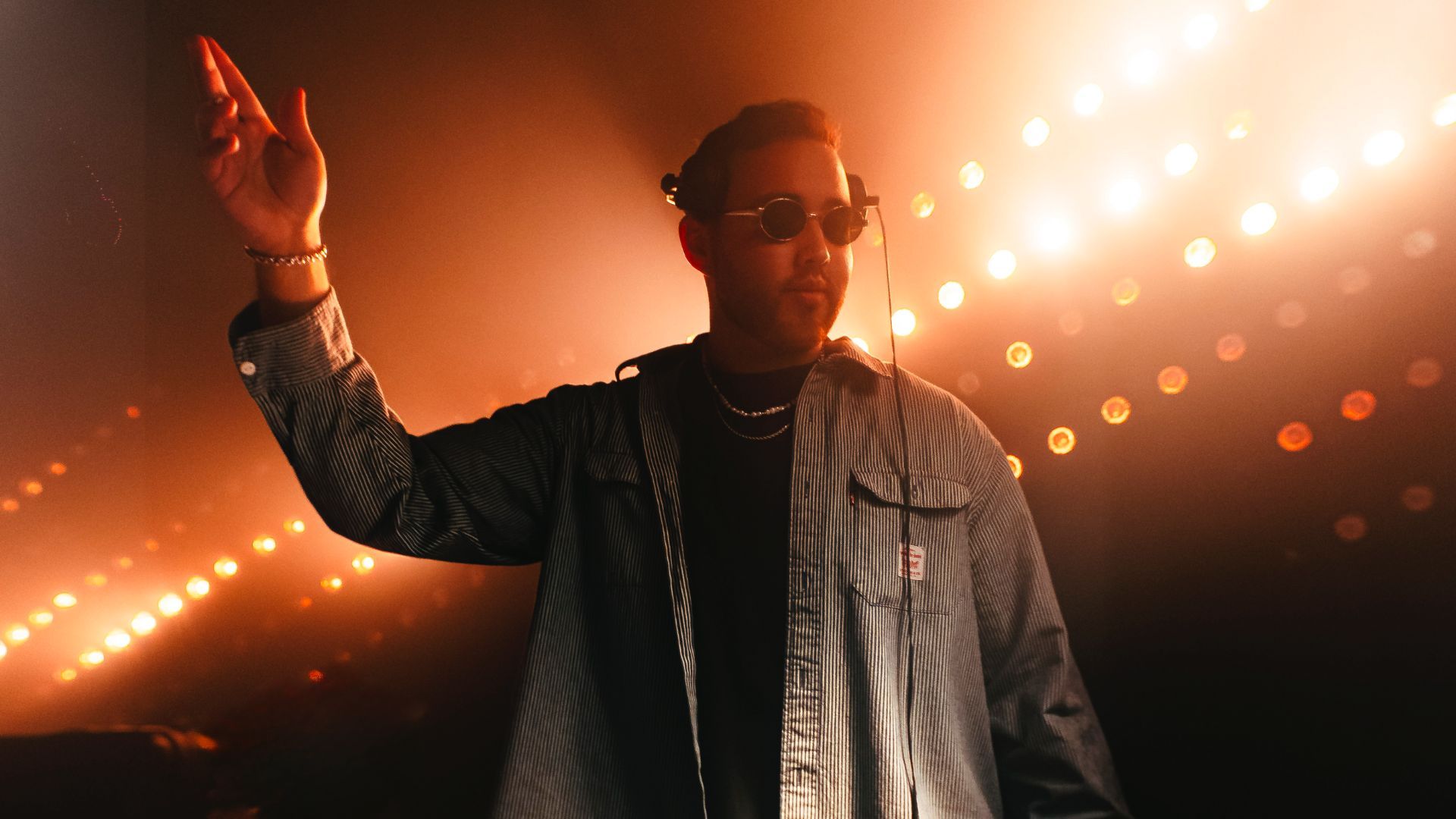
What personal prison have you built out of fear?
Perfectionism. I used to think everything had to be flawless before anyone could hear it. Now I know imperfection is what makes it real.
If you could compliment yourself, what would you say?
I’m not sure if this counts as a compliment, but I’d say I never know when to quit.






